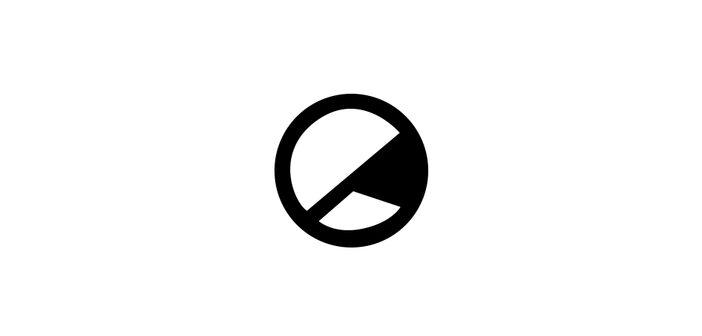Blogging on the likes of Nickelback in 2013, Fall Out Boy frontman Patrick Stump said: “All of the agreed upon pariahs throughout pop-culture history put their identities into the thing we decry. And yet we derive our own identities from the act of hating… Some may argue that nothing in history gathers a crowd like complaining about Lady Gaga’s meat dress. Near-masturbatory complaining has brought together more people than cheap liquor.”
The man’s got a point. How are we meant to celebrate the work of artists, the work of our peers, and ourselves if we’re too busy bringing the world down around us? We are not what we love, but what we hate, as long as we hate it as a collective. Over their 16 years of existence, the alarm bells have rung for his Chicago-born four-piece, which is one that infamously indulges in convoluted metaphors and poetic symbolism circling depression, anxiety, and suicide.
Perhaps most open about his struggles is bassist and lead lyricist Pete Wentz, who cites much of the band’s early lyricism as “coming from a dark place.” Specifically, second studio album From Under The Cork Tree details the overwhelming anxiety that followed the rise to fame and the pressure Wentz put himself under, culminating in an unsuccessful suicide attempt poetically narrated in ‘7 Minutes in Heaven (Atavan Halen).’ Other songs – like ‘I’ve Got A Dark Alley And A Bad Idea That Says You Should Shut Your Mouth (Summer Song)’ and ‘XO’ – unveil a similar sense of consuming anxiety and claustrophobia that seemed to resonate with the band’s mounting fanbase.
In joining the likes of My Chemical Romance and The Used in establishing an honest, in-depth conversation about even the most difficult of emotions, the band’s music helped to cultivate a community united by the urge to deal with negativity and adversity. These lyrics formed a place of understanding and mutual belief, where emotional expressivity was encouraged when the world at large might react with hostility or invalidate them.
With 2007’s Infinity On High, the understanding was brought to full fruition. Songs like ‘I’m Like A Lawyer With The Way I’m Always Trying To Get You Off (Me & You)’ contained a new, more hopeful kind of realisation (“And the best way to make it through / With hearts and wrists intact / Is to realise two out of three ain’t bad”) whilst ‘The (After) Life Of The Party’ revelled in the mystical humanity they were so eager to assert in the face of tabloid hysteria and the peak of stigmatisation of emo music (“I’m a stitch away from making it / And a scar away from falling apart”). Contrary to how they were being portrayed at the time, the band’s output was as human and vulnerable as it could get.
Even after tumult and a three year hiatus, it was the same community that was re-cultivated for the post-break era. Save Rock And Roll and American Beauty/American Psycho both deal with the issues the band still encounters through depression and anxiety, but with a notably more optimistic tone. Over a career of reflecting upon their own struggles, it’s as if Fall Out Boy has held up a mirror to society to illustrate that these mental health issues are present and deserve to be taken seriously. The band has, without a doubt, been integral to breaking down the surrounding stigma. The phrase “This band saved my life” gets thrown around a lot regarding emo rock bands like Fall Out Boy, but damn, they’ve done so much to earn it.




